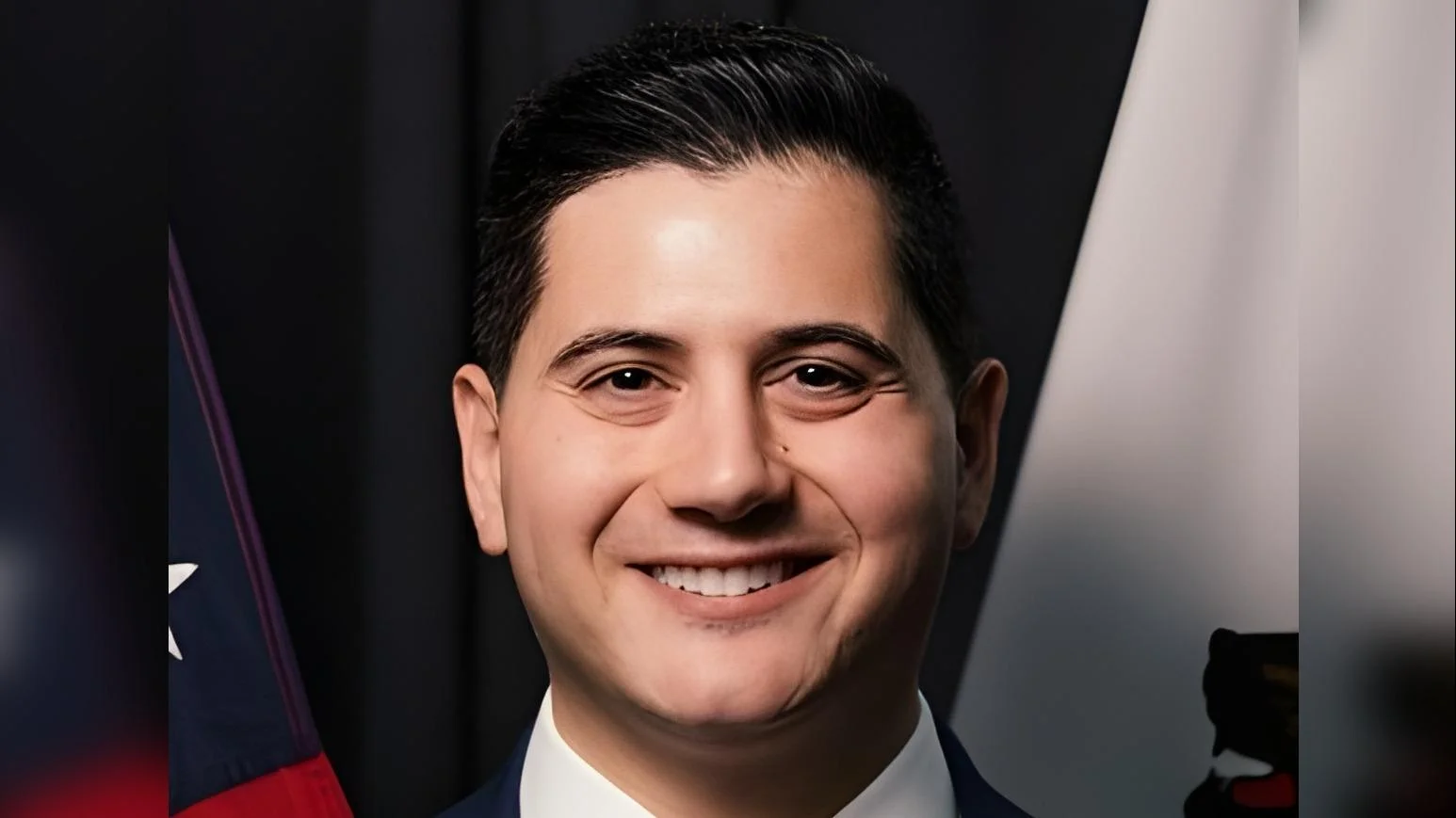A woman from Arcadia was sentenced to more than 10 years in federal prison for leading an international money laundering operation that moved over $11.6 million obtained through scams targeting elderly victims.
Cynthia Song, also known as “Iris Song” and “Xin Wang,” age 43, received a 121-month sentence from United States District Judge Stanley Blumenfeld Jr. She was also ordered to pay $10,069,518 in restitution.
Song pleaded guilty in June to conspiracy to commit money laundering and has been held in federal custody since October 2024.
According to court documents, between December 2022 and October 2024, Song worked with others to launder millions of dollars generated by fraud schemes. These schemes included impersonation and technical support scams where fraudsters pretended to be government officials, law enforcement officers, or computer support representatives. Many of the victims were elderly individuals who were deceived into transferring large sums—sometimes their life savings—to accounts controlled by Song and her associates.
Initially, Song laundered fraudulent funds through her own accounts. For example, in December 2022, multiple victims sent at least $170,850 to an account under SW Prosperity Real Estate Development LLC controlled by Song. Nearly all of those funds were quickly withdrawn and transferred overseas.
Song later became a manager within the scheme and recruited at least 15 other people to help launder money. Together they opened dozens of business bank accounts for receiving and moving fraudulent funds. After receiving victim payments, Song directed her recruits on how much money they could keep—typically a five-to-ten percent cut—before sending the remainder overseas mainly to China and Hong Kong.
Song instructed her team on how to mislead banks about suspicious transfers by providing cover stories and using victim identification documents when questioned by financial institutions. When banks froze accounts due to suspected fraud, the group switched accounts or used different co-conspirators.
She admitted knowing that the funds came from illegal activity and warned those she recruited that the money was not legitimate.
Prosecutors said that about $11.7 million was laundered from around 180 victims across the country; roughly $2.7 million of this amount was recovered or frozen by financial institutions.
“The harm these crimes caused the victims cannot be understated,” prosecutors wrote in a sentencing memorandum. “Some lost their entire life savings, others continue to experience shame, regret, and depression. Many dreamed to enjoy their golden years of retirement but are now confronted with the harsh realities of lost savings and shattered dreams. Many have had to materially change their standard of living and most will never financially recover from these life-changing financial losses given their age.”
The case was investigated by IRS Criminal Investigation and Homeland Security Investigations.
Assistant United States Attorney Andrew M. Roach prosecuted the case.
Those age 60 or older who have been victims of financial fraud can call the National Elder Fraud Hotline at 1-833-FRAUD-11 (1-833-372-8311). The hotline is operated by experienced professionals who help assess victim needs and provide resources seven days a week from early morning until evening Pacific Time in English, Spanish, and other languages.
More information about efforts against elder fraud can be found at www.justice.gov/elderjustice.





